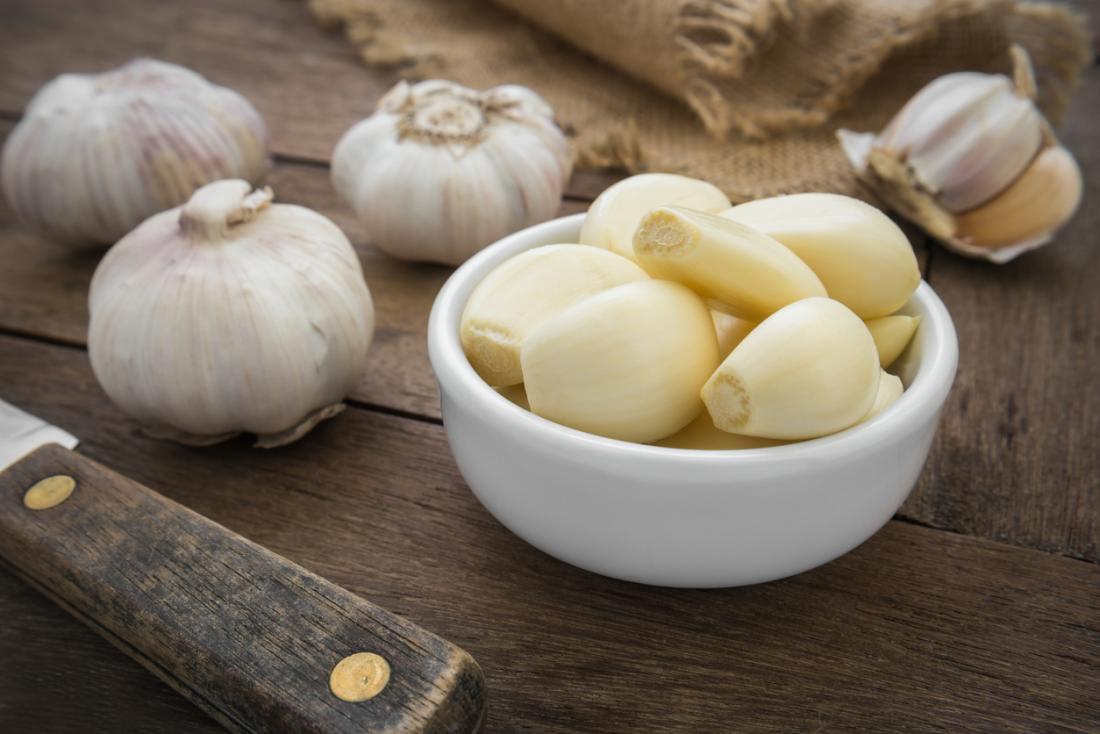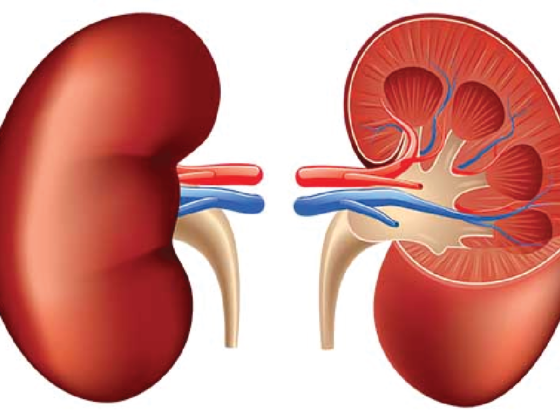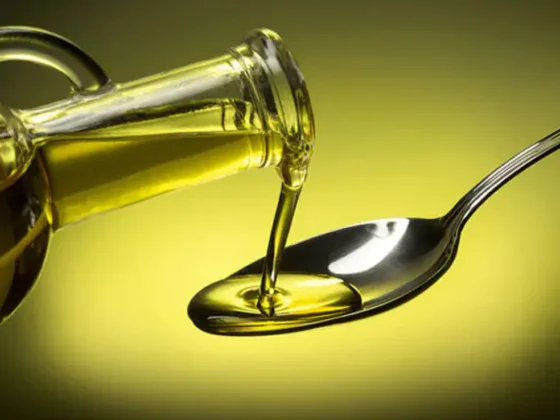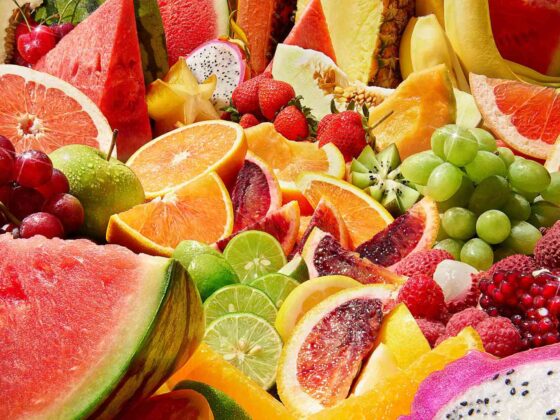High cholesterol levels are linked to heart disease, the world’s leading cause of death.
According to healthline.com, the trick to managing your cholesterol levels lies in your diet.
These foods can lower cholesterol and improve other risk factors for heart disease.
Legumes
Legumes includes beans, peas and lentils. Legumes contain a lot of fiber, minerals and protein and can lower your risk of heart disease.
Soybeans are also a type of legume that may be beneficial for heart health.
Avocados
Avocados are nutrient-rich fruits and clinical studies support their cholesterol-lowering effect.
Fruits and Berries
Many types of fruit are rich in soluble fiber, which helps lower cholesterol levels
One kind of soluble fiber called pectin is found in apples, grapes, citrus fruits and strawberries. It lowers cholesterol by up to 10%. Fruit also contains bioactive compounds that help prevent heart disease and other chronic diseases due to their antioxidant and anti-inflammatory effects.
Dark Chocolate and Cocoa
Research has shown that dark chocolate and cocoa can lower “bad” cholesterol.
Cocoa and dark chocolate also seem to protect the “bad” cholesterol in your blood from oxidation, which is a key cause of heart disease.
However, chocolate is often high in added sugar — which negatively affects heart health.
Therefore, you should use cocoa alone or choose dark chocolate with a cocoa content of 75–85% or higher.
Garlic
Garlic contains various powerful plant compounds, including allicin, its main active compound. Studies suggest that garlic lowers blood pressure in people with elevated levels and may help lower total and “bad” LDL cholesterol
Vegetables
Vegetables are rich in fiber and antioxidants and low in calories, which is necessary for maintaining a healthy weight.
Some vegetables are particularly high in pectin, the same cholesterol-lowering soluble fiber that occurs in apples and oranges. Pectin-rich vegetables also include okra, eggplants, carrots and potatoes.
Vegetables also deliver a range of plant compounds which offer many health benefits, including protection against heart disease.
Almonds and Walnuts
Nuts are another exceptionally nutrient-dense food.
Nuts are very high in monounsaturated fats. Walnuts are also rich in the plant variety of omega-3 fatty acids which is good for heart health.
Almonds and other nuts are rich in L-arginine, an amino acid that helps your body make nitric oxide. This helps regulate blood pressure.
Calcium, magnesium and potassium, also found in nuts, may reduce blood pressure and lower your risk of heart disease.
Whole Grains — Especially Oats and Barley
Whole grains keep all parts of the grain intact, which provides them with more vitamins, minerals, plant compounds and fiber than refined grains.
Whole grains are linked to a lower risk of heart disease. Oats and barley provide beta-glucan, a soluble fiber that is very effective at lowering “bad” LDL cholesterol
Tea
Tea harbors many plant compounds that improve your heart health.
While green tea gets a lot of attention, black tea and white tea have similar properties
Drinking tea may help lower cholesterol levels and reduce your risk of heart disease.
Dark Leafy Greens
While all vegetables are good for your heart, dark leafy greens are particularly beneficial.
Dark leafy greens such as kale and spinach are rich in carotenoids, including lutein, which are linked to a lower risk of heart disease and stroke.
Extra Virgin Olive Oil
Olive oil is a rich source of monounsaturated fatty acids, the kind that may help raise “good” and lower “bad” cholesterol.
It is also a source of polyphenols, some of which reduce the inflammation that can drive heart disease.
Cholesterol and its effects on the body
You have probably heard someone being told not to eat certain foods because they contain a lot of cholesterol while being recommended to eat others.
What is cholesterol? The World Health Organisation (WHO) defines Cholesterol as a fat-like substance, found in the bloodstream and also in bodily organs and nerve fibers. According to the American heart association, Cholesterol is not inherently “bad.” In fact, your body needs it to build cells. But too much cholesterol can pose a problem.
Your liver makes all the cholesterol you need. The remainder of the cholesterol in your body comes from foods derived from animals. For example, meat, poultry, and full-fat dairy products all contain cholesterol, called dietary cholesterol.
Ms Damalie Namukose, a nutritionist at the Ministry of Health, explains that there is good and bad cholesterol, noting that bad cholesterol is one of the major risk factors of non-communicable diseases such as diabetes, hypertension and heart attacks.
“I would advise that people consume cholesterol which is liquid at room temperature. This is usually found in vegetable oils such as olive, sunflower and soybean oil,” Ms Namukose says.
She adds that the bad cholesterol is that which is solid at room temperature, usually from animal fats. It should be noted that some tropical oils – such as palm oil, palm kernel oil, and coconut oil also contain significant amounts of the bad cholesterol.
“When ingested cholesterol reaches the blood circulation, some of it might cumulatively deposit in the walls of blood vessels effectively narrowing them by the day. There might also be blood vessel wall damage. The combination of these might lead to blocked vessels and associated problems such as strokes, heart attacks, among others,” Namukose states.
Diseases related to raised cholesterol
There is overwhelming evidence that links increased dietary cholesterol to cardiovascular disease. Globally, a third of heart attacks are attributable to high cholesterol. Overall, raised cholesterol is estimated to cause 2.6 million deaths, an estimated 4.5 percent of total annual deaths and 29.7 million disability-adjusted life years.
“Raised total cholesterol is a major cause of disease burden in both the developed and developing the world as a risk factor for heart attack and stroke, ” says WHO
A 10% reduction in serum cholesterol in men aged 40 has been reported to result in a 50% reduction in heart disease within 5 years; the same serum cholesterol reduction for men aged 70 years can result in an average 20% reduction in heart disease occurrence in the next 5 years.
It is easier to speak of (and read) facts than to contextualize them and use this hard earned knowledge in our day-to-day lives. Most packed foods display the cholesterol content of their foods while it has at some point become fashionable to include “cholesterol free” in the labeling.
But how do we know the cholesterol content of the barbecued steak, or the local mandazi from the shop, or the katogo served at the cafeteria? For simplicity, people conscious of their diet will avoid fatty foods unless they are sure of the cholesterol (and calorie) content of such foods whereas it is generally and roughly accepted that animal fat is bad, vegetable oil is innocent.









